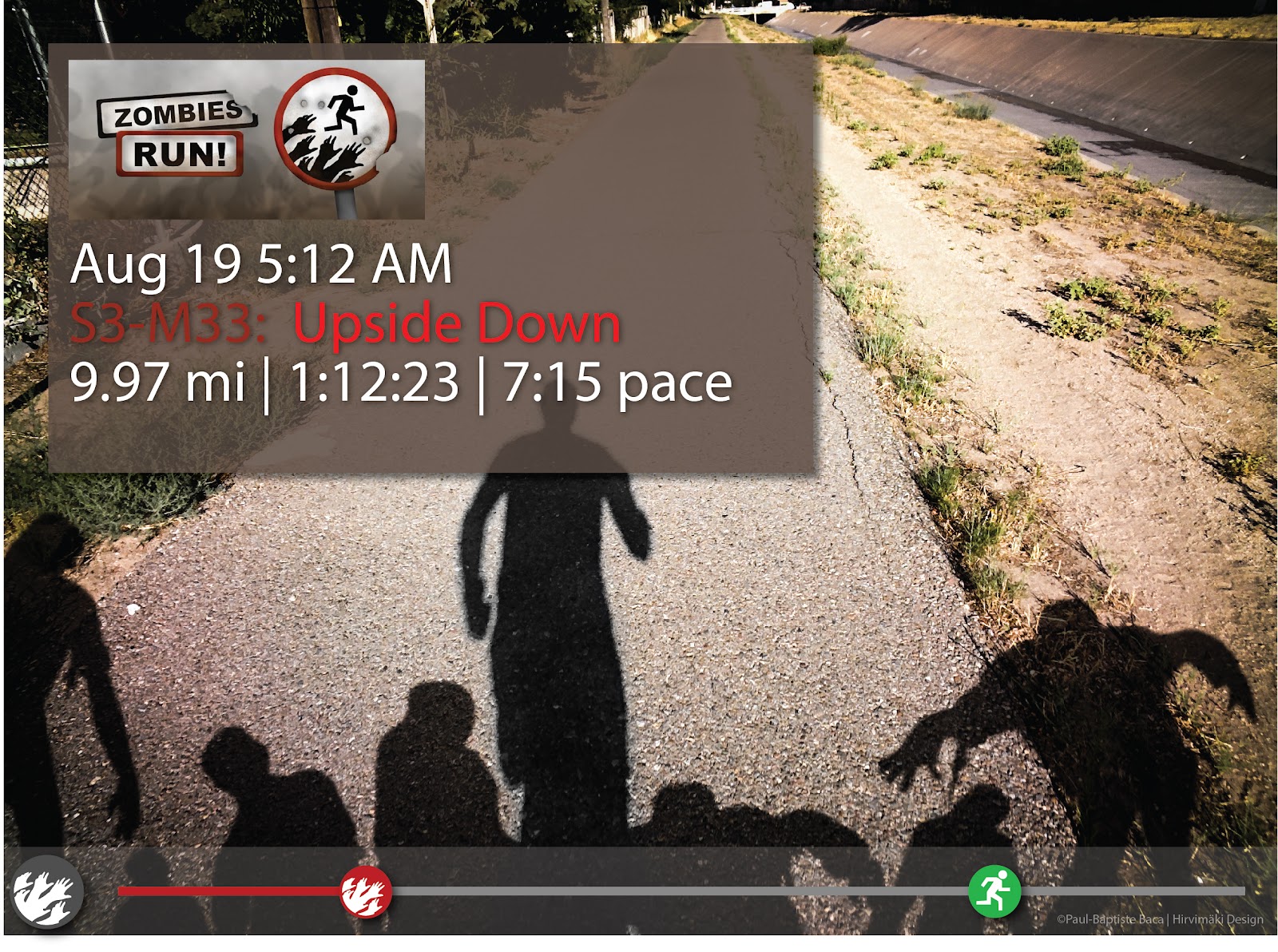Grace in Our Steps
At the entrance to my property stands a 15-foot wrought iron gate, heavy yet elegant, swinging open and closed with the steady hum of a pneumatic boom—a hydraulic arm that moves with deliberate grace. It’s a familiar fixture, like a garage door, opening and closing at the press of a button. When it opens, it swings inward, the boom pulling it toward home; when it closes, the hydraulics push it outward, toward the road. If I step out for a walk, a run, or to fetch a package, I open it with a voice command, our smart speakers linked to its controls. When I return, I punch a code into the control box by the road to close it from the outside. As I stride forward, the gate begins its closing arc—swinging toward me—our paths crossing in opposite directions, it sweeping closed, I walking forward.
For no reason I’ve ever fully traced, I always walk through on the left, near the hinges. My steps run parallel to the gate as it closes, and I angle slightly right, just enough to slip ahead of its swing. I don’t rush. I don’t pause. I simply…walk. Yesterday, mid-stride, a question bloomed: How do I know how to do this? How do I weave my steps so flawlessly through the arc of a fifteen-foot iron gate—without faltering, without grazing its edge? I’ve never practiced. I’ve never counted seconds. Yet I pass through as if the gate and I have rehearsed this dance for years.
The answer, I realise, is one of those sacred, everyday miracles we so often hurry past.
We do this daily—gliding past a stranger in a crowded hall, snatching a ball from the air, ducking a low branch on a wooded path—all without conscious effort. Our eyes, muscles, and minds working in unison, drinking in a stream of silent cues: an object’s speed, its angle, the rhythm of our gait, the tilt of our balance. Our brains anticipate and adjust, solving a live physics problem not with equations but with grace. It feels effortless. It feels ordinary—like starlight, like a heartbeat—until we pause to truly see.
Because it’s far from ordinary.
Every time I pass through that gate, my brain is running a quiet marvel of a program. The gate swings on its hinge, its outer edge slicing faster than the inner near me. Even at the slower hinge side, it carves a dynamic arc through space. Without a thought, my mind tracks its motion, forecasts its path, and tunes my steps—my forward stride, my subtle rightward drift—to match its curve. Scientists call this predictive processing, a neural gift that lets me sense where the gate will be a heartbeat from now. My cerebellum refines my gait, my parietal cortex maps my body against the gate’s sweep, and somehow, it weaves together into a fluid waltz.
That’s astonishing.
More astonishing still is that I never noticed until yesterday. It was just…a step. A tiny moment in my day.
This small awakening unveiled a deeper truth: our lives brim with uncelebrated wonders—whispers of the divine threaded through breath and motion. The way we pour coffee without spilling, thread through a bustling crowd, or toss a crumpled paper into a bin across the room—each is a fleeting symphony of perception, prediction, and movement, polished by experience we don’t recall learning. We don’t solve these riddles with conscious math but with embodied wisdom—a deep, wordless knowing that feels like second nature.
We save our awe for the grand—symphonies, medical breakthroughs, rocket launches (no, not that rocket launch). But brilliance pulses just as brightly in the mundane: in the way my steps align with a swinging gate, in the silent harmony of body, mind, and world. This is the breath of God animating muscle and motion, presence made manifest in the mundane. This is incarnation—not just in flesh, but in function, in the quiet genius of being human. And we pass it by as if it’s nothing.
When we pause to see—truly see—the veil parts, the ordinary transfigures. A gate becomes a stage. A step becomes a prayer. A walk becomes a hymn of coordination and grace. And in that fleeting clarity, we glimpse the divine woven into the fabric of our daily lives.
And tomorrow, I’ll walk through again—without thinking, without counting—and I’ll know, now, that I’m dancing with the divine.





Comments